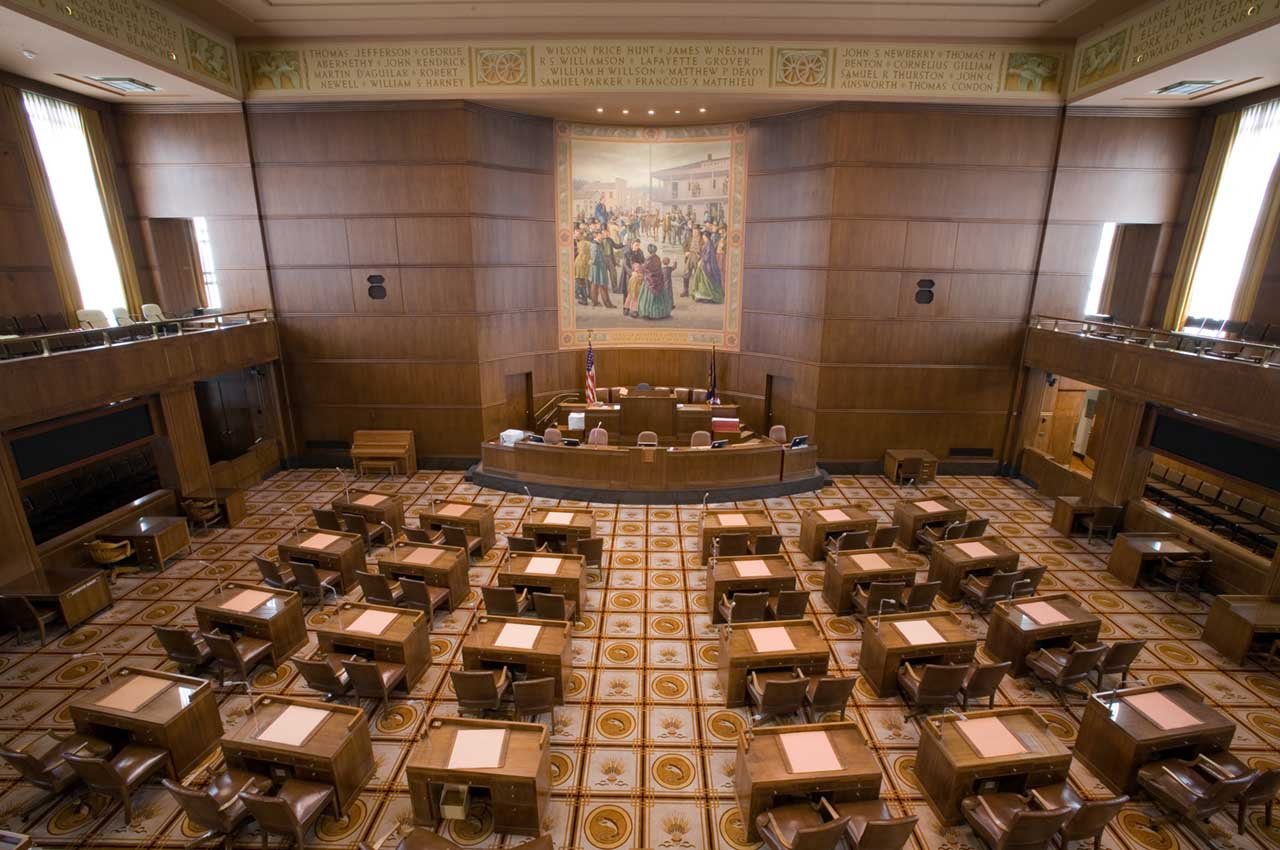Proposed Oregon Legislation Sparks Debate Over Foster Care Abuse Definitions

A newly proposed bill aimed at revising child welfare laws in Oregon is drawing criticism for potentially weakening protections for foster children.
The legislation narrows the definition of abuse in foster care settings just as the state begins tracking such data under a federal settlement addressing systemic failures in child welfare.
The 2025 legislative proposal, discussed this week, has stirred controversy among child advocates. Emily Cooper, legal director for Disability Rights Oregon, expressed concern that the changes would undermine efforts to safeguard vulnerable children.
The bill also aims to narrow the scope of investigations into allegations of abuse involving physical restraints in schools to ease administrative workloads.
A Response to Unintended Consequences
Governor Tina Kotek’s administration officials say the changes are needed to help correct problems created by earlier reforms.
They say overly broad definitions of what constitutes abuse are responsible for swamping the state’s child abuse hotline, complicating the classification of cases needing urgent attention.
Oregon child welfare director, Aprille Flint-Gerner, described how fear of violating regulations has clouded workforce decision-making.
Michelle Pfeiffer, a lobbyist for the Oregon Department of Human Services, noted that existing fines for failure to report abuse could discourage providers from offering to take care of families.
She said many providers chose to report every incident which placed strain on resources.
State data shows a steady increase in hotline calls since operations were centralized in 2019.
Legislative and Historical Context
The legislation aims to roll back some of the provisions enacted after a series of high-profile failures in the Oregon child welfare system – they include the 2016 law defining abuse in specialized foster homes and penalizing facilities that accept children beyond their capabilities.
However, critics argue that no civil penalties have been enforced under the law.
State Senator Sara Gelser Blouin, who advocated earlier reforms, opposed scaling back protections, adding that penalties were intended to deter facilities from accepting cases they could not handle.
One of the more contentious changes is to rewrite the definition of sexual abuse in foster care. Under the new proposal, abuse would apply only to sexual contact involving staff employed directly by licensed agencies, narrowing the scope of investigations.
Blouin warns that this change could leave the youth ‘more vulnerable to exploitation.’
Changes to Restraint and Seclusion Rules
The bill would also change the state’s approach to restraint and seclusion in care and school settings. Currently defined as abuse when misused, the proposal narrows the circumstances under which such incidents would be investigated.
Supporters, including Anna Williams, executive director of the Governor’s System of Care Advisory Council, say the changes are intended to protect safety. ‘If restraint is used appropriately and with training, it shouldn’t automatically trigger abuse investigations,’ Williams said.
Broader Implications
The proposal also introduces other significant changes, including longer shelter stays for foster children and relaxing restrictions on out-of-state placements. Critics fear these changes could reduce the transparency and stability for children.
Allison Stark, CEO of Albertina Kerr, a nonprofit that provides mental health services, says that all children ‘deserve a permanent and stable home.’. She says prolonged shelter stays could increase the risk of future homelessness.
Takeaway
It is unclear what the outcome of the bill will be when the Oregon legislative session begins on January 21.
While its broad scope could allow proponents to bypass opposition in key committees, major changes could be necessary to ensure compliance with federal law and address mounting concerns from child advocates.
